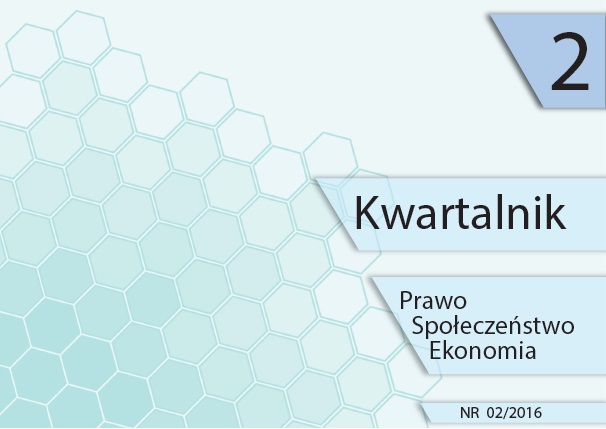Influence of “morality” and "ethics" on the scope of taxation. The example of Polish regulation of VAT
Influence of “morality” and "ethics" on the scope of taxation. The example of Polish regulation of VAT
Author(s): Joanna PtakSubject(s): Law, Constitution, Jurisprudence, Law on Economics
Published by: Stowarzyszenie Mage.pl
Keywords: tax law; morality; ethics; VAT; exclusion from taxation
Summary/Abstract: The main aim of this paper is to answer two basic research questions: if morality and ethics may have an influence on taxation and if the answer is “yes”, how this influence is shaped. Base of this discussion is Value-Added Tax. Polish regulation of Value-Added Tax states that “acts that can not be a subject of legally enforceable contract” are excluded from taxation. As statute does not include legal definition of this term, its meaning is highly disputable. What is more, as Value-Added Tax is harmonized at territory of European Union, additional difficulties arise. The most popular approach – “in the middle” – assumes that subject term refers to all of those acts that regardless the circumstances can not be a subject of legally enforceable contract. Scholars and decisive entities suggest that it refers to, among all, morality and ethics. Noteworthy, no focus is given to definition of “morality” and “ethics”, as it is assumed that their meaning is certain. If so, this paper discuss and highlight the need to solve this issue.
Journal: Kwartalnik Prawo-Społeczeństwo-Ekonomia
- Issue Year: 6/2016
- Issue No: 2
- Page Range: 78-89
- Page Count: 12
- Language: English

